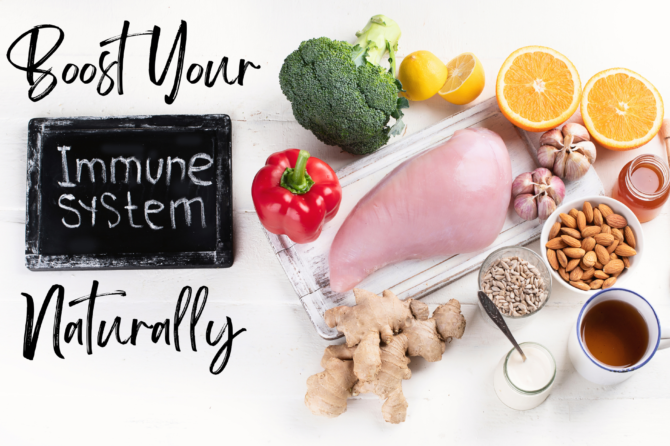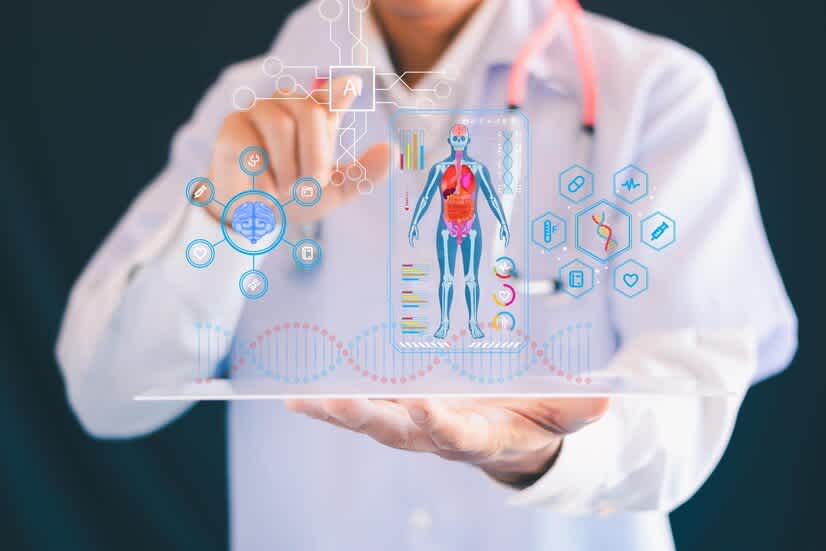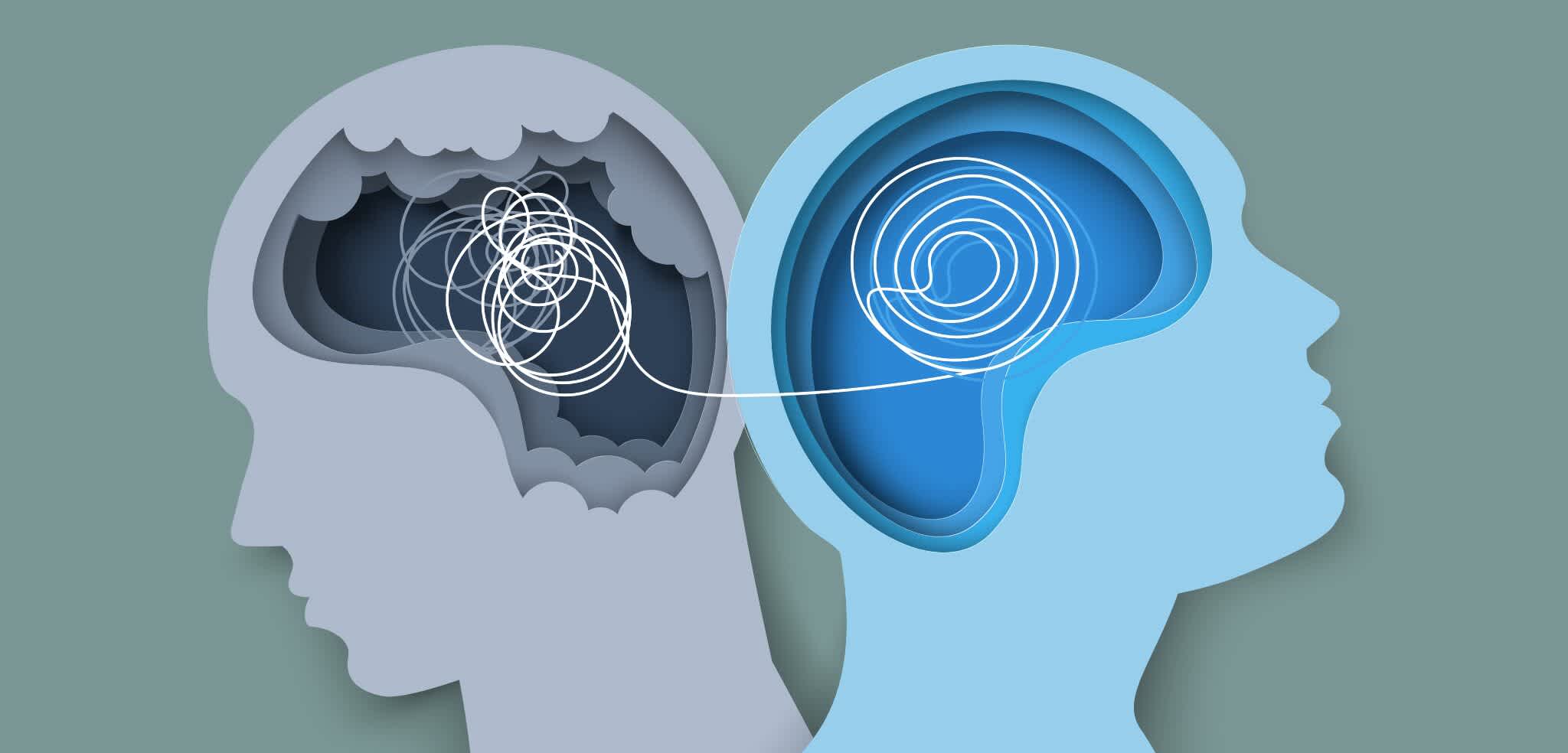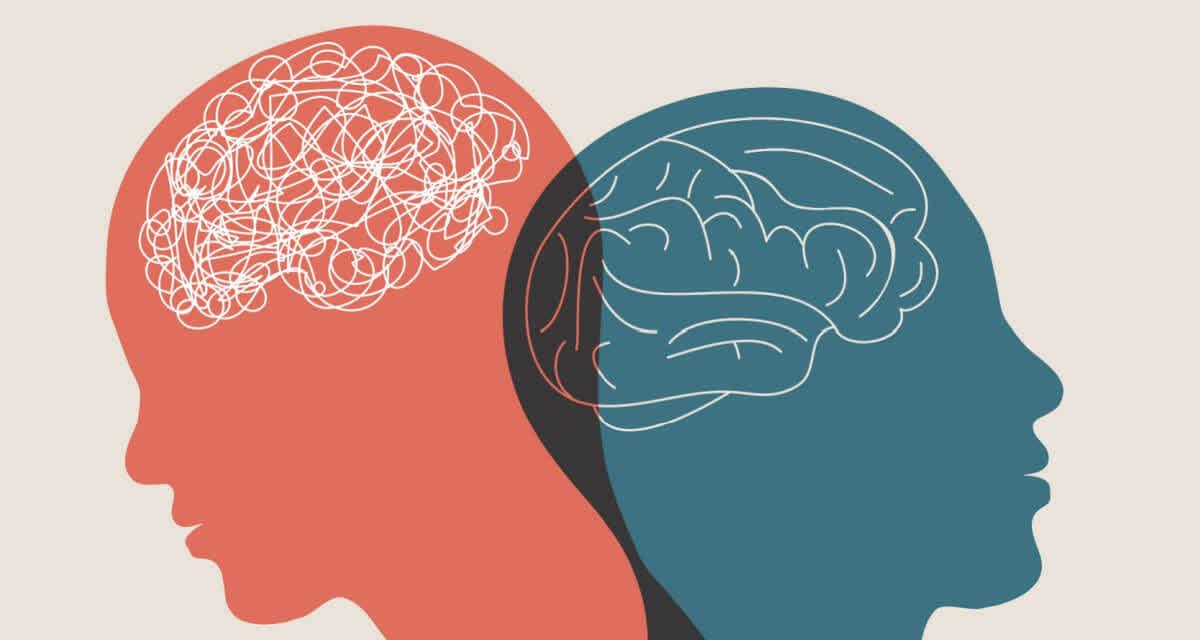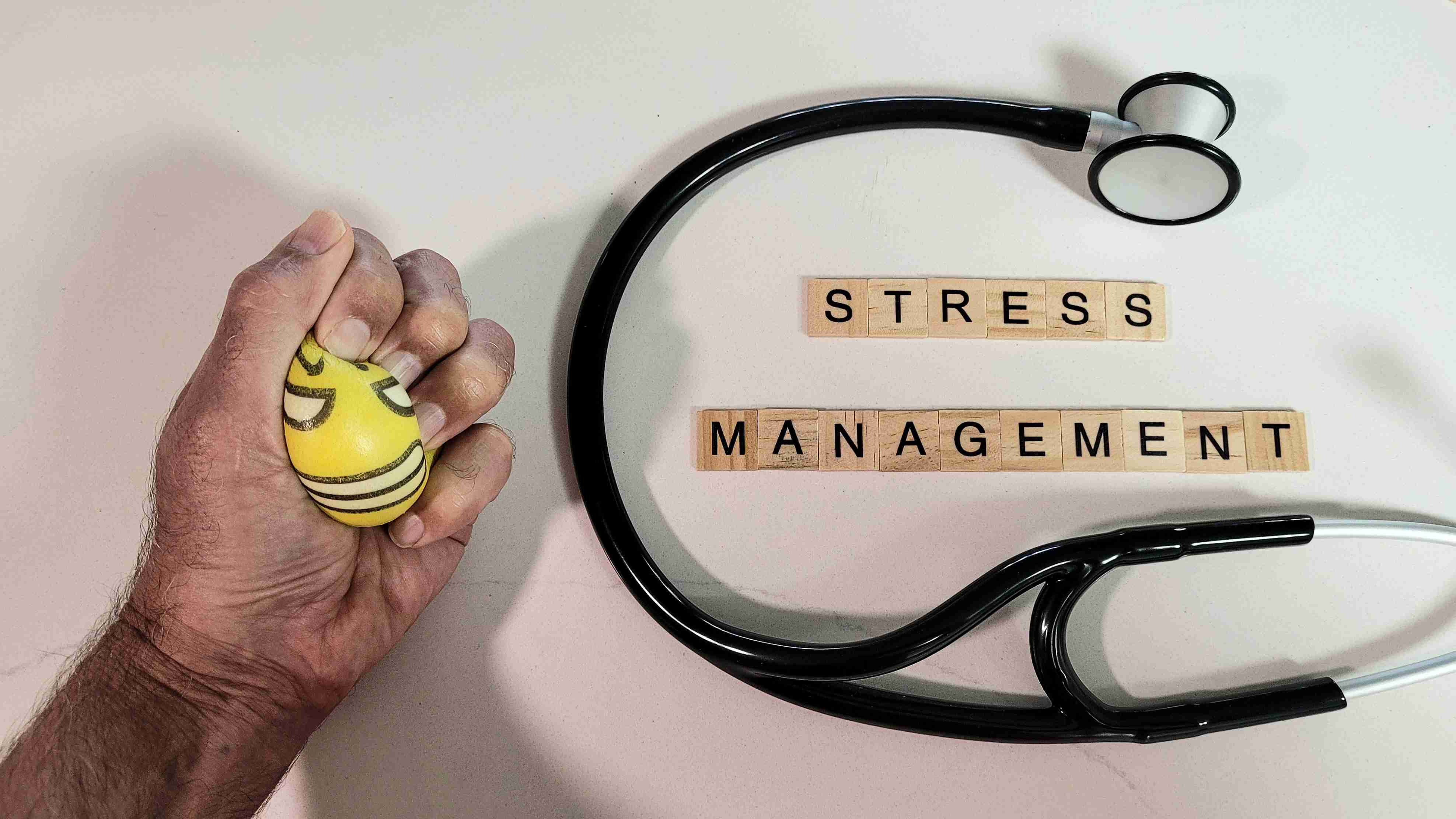
Hormonal Health in Girls: Understanding and Managing PCOS

Girls' and women's general well-being is greatly influenced by their hormonal health. Chemical messengers called hormones control a number of physiological processes—growth, metabolism, mood, reproductive health, and more. When these hormones are out of balance, it can result in multiple health issues, and PCOS, or polycystic ovarian syndrome, is among the most prevalent.
Millions of women and girls throughout the world suffer from PCOS, a complicated and sometimes misdiagnosed hormonal condition. It typically starts during puberty, and to avoid long-term issues, early diagnosis and treatment are crucial. In this article, we'll explore what PCOS is, its causes, symptoms, diagnosis, and effective ways to manage and treat it—both medically and through lifestyle changes.
What is PCOS?
Polycystic Ovary Syndrome (PCOS) is a condition in which a girl's Androgens, or male sex hormones, are produced in excess by the ovaries, present in small amounts in females. "Polycystic" describes the existence of several small cysts on the ovaries, although not every girl with PCOS will have these cysts.
PCOS disrupts the regular menstrual cycle, often leading to irregular periods, or sometimes none at all. This condition also affects the way the ovaries function, which can cause fertility problems later in life if not managed.
Causes of PCOS
Even though the exact cause of PCOS is unknown, some factors seem to be involved:
1. Genetics
It is common for PCOS to be inherited. If your mother or sibling has PCOS, you may be at higher risk for developing it yourself. Researchers say certain genetic variations affect how the body produces and responds to insulin and androgens.
2. Resistance to Insulin
Insulin resistance, or the body's ineffective use of insulin, is common in girls with PCOS. PCOS symptoms may intensify as a result of the ovaries releasing more androgens as a result of the pancreas being stimulated to produce more insulin.
3. Inflammation
Higher levels of androgen are also associated with low-grade inflammation. Studies have shown that girls with PCOS often have a higher level of inflammation in their bodies, which might contribute to the hormonal imbalance.
Common Symptoms of PCOS
PCOS presents a range of symptoms, varying from person to person. Common signs include:
Irregular Periods: One of the most common symptoms. Some girls may have very few periods in a year.
Excess Hair Growth (Hirsutism): This often appears on the face, chest, or back.
Acne and Oily Skin: Particularly persistent acne that doesn't respond to typical treatments.
Weight Gain: Especially around the abdomen.
Thinning Hair: Scalp thinning or loss of hair.
Darkening of the Skin: particularly in bodily folds like the crotch, throat, or beneath the breasts.
Fertility Issues: One of the reasons why women become infertile is PCOS.
In addition to affecting physical health, these symptoms can significantly affect one's emotional and psychological state as well. Anxiety, depression, and low self-esteem are common among girls with PCOS.
Diagnosing PCOS
To diagnose PCOS, there isn't a single test. Doctors usually make a diagnosis based on a combination of the following:
Medical History: Including menstrual cycles, weight changes, and symptoms like acne and hair growth.
Physical Exam: looking for indications of insulin resistance, acne, and excessive hair growth.
Blood Tests: To assess hormone levels and exclude other causes of irregular periods or excess androgens.
Ultrasound: To look at the ovaries for cysts and assess the thickness of the uterine lining.
To be diagnosed with PCOS, a girl typically needs to meet at least two of the three conditions listed below (referred to as the Rotterdam criteria):
Irregular or absent periods
Excess androgen levels (via blood test or physical symptoms)
Polycystic ovaries are visible on ultrasound.

Managing PCOS: Treatment Options
Although there is no treatment for PCOS, it can be properly controlled. The girl's age, symptoms, and desire to become pregnant all influence the course of treatment. The main objectives are to control symptoms, including weight gain and acne, lower testosterone levels, and regulate the menstrual cycle.
1. Lifestyle Modifications
Lifestyle changes are often the first and most effective step in managing PCOS, especially in younger girls.
Healthy Diet: A well-rounded diet full of healthy grains, lean meat, fruits, and veggies can be beneficial to control levels and support hormonal balance.
Regular Exercise: Exercise encourages weight loss, increases insulin sensitivity, and reduces inflammation.
Weight Management: Even a small loss of 5–10% of body weight can have a major positive impact on symptoms and restore regular periods.
2. Medications
Medication may be prescribed if lifestyle modifications are insufficient:
Birth Control Pills: These help control menstrual cycles, lower testosterone levels, and enhance hair and acne.
Anti-Androgen Medications: Such as spironolactone, which helps block the effects of male hormones.
Metformin: First applied to the treatment of type 2 diabetes, it improves insulin resistance and can help with weight loss and menstrual regulation.
Fertility Medications: For those who want to conceive, drugs like clomiphene or letrozole can help stimulate ovulation.
3. Psychological Support
Managing PCOS can be emotionally taxing, particularly for adolescent girls. Therapy or counseling can help with depression, anxiety, or body image issues. Peer support groups or educational programs can also be valuable.
Long-Term Health Risks
If left unmanaged, PCOS can increase the risk of several long-term health problems:
Type 2 Diabetes
High Blood Pressure
High Cholesterol
Heart Disease
Endometrial Cancer
Infertility
Blood testing and routine medical examinations are necessary to track and lower these risks.
Early Detection is Key
One of the biggest challenges with PCOS is that it's often diagnosed late. Many girls think irregular periods are normal during adolescence, or they are embarrassed to discuss issues like excess hair or acne. Educating young girls and their caregivers about the signs of hormonal imbalance can lead to earlier diagnosis and better outcomes.
Schools and pediatricians can play a vital role by promoting hormonal health awareness and encouraging open conversations about menstrual and reproductive health.
Empowering Girls with Knowledge and Support
Although managing PCOS as a young girl can sound overwhelming, with the right help, it is doable. It's critical to keep in mind that PCOS is only one component of your health that you can manage; it does not define you. Girls can be empowered to lead healthy, self-assured lives by increasing information about hormonal health, body positivity, and self-care.
Together, families, schools, and medical professionals can assist girls in identifying symptoms early, receiving an accurate diagnosis, and receiving treatment free from shame or stigma.
Conclusion
A girl has a greater impact on her overall hormonal health. PCOS is a prevalent but treatable disorder that calls for a multifaceted strategy that includes early education, lifestyle modifications, medical treatment, and emotional support. Girls with PCOS can have happy, healthy lives by being conscious of the condition and taking proactive measures.
Remember: your hormones don't control your destiny—you do.

